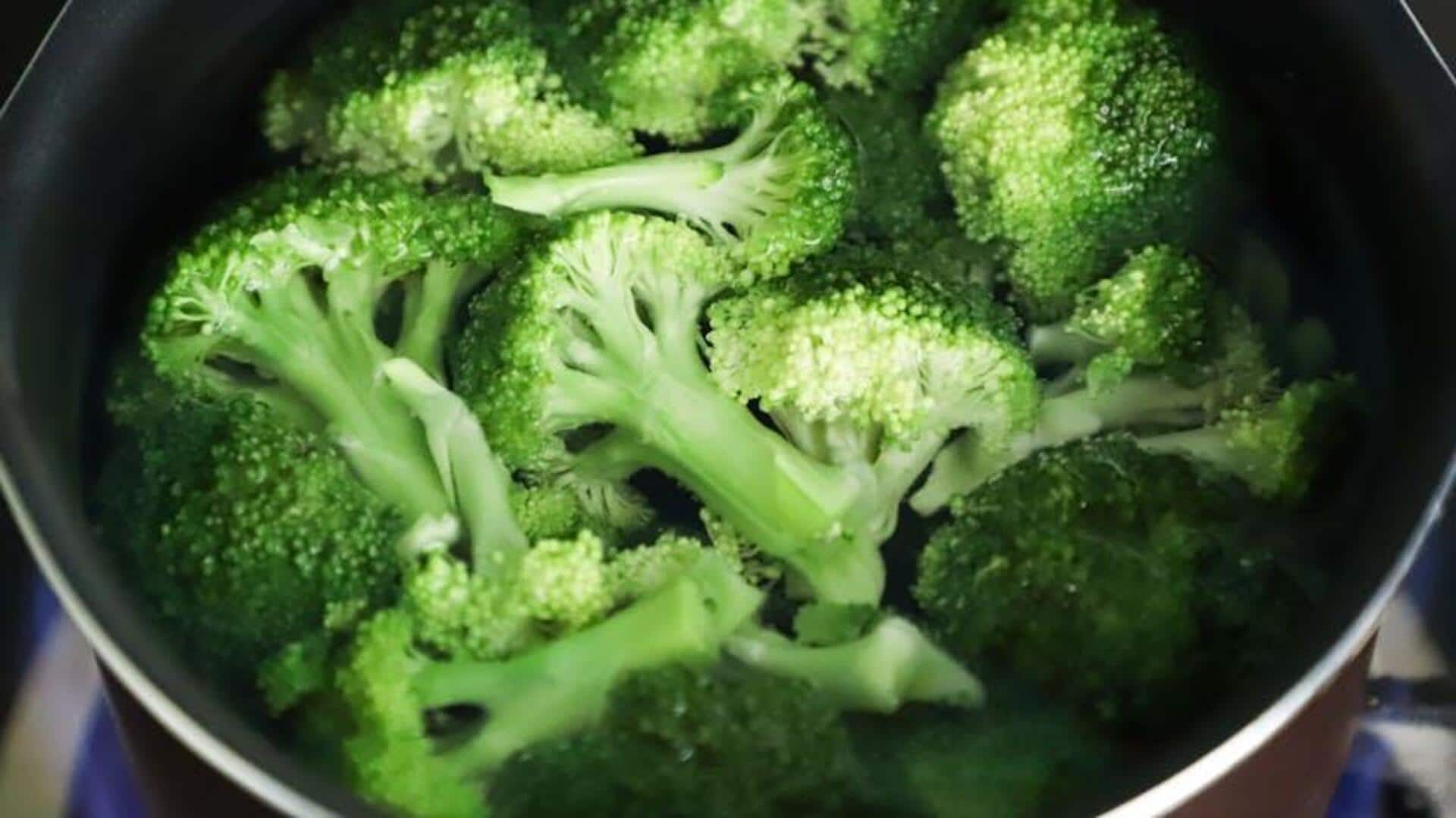
Broccoli v/s cauliflower: Which is more nutritious?
What's the story
Broccoli and cauliflower are two of the most popular vegetables that are often pitted against each other for their nutritional benefits. Both belong to the cruciferous family and are touted for their health-promoting properties. Although they have a lot in common, both contain their own unique nutrients that make them shine. Here, we explore the nutrient profiles of broccoli and cauliflower, and what makes them different and healthy.
Vitamins
Vitamin content comparison
Broccoli is loaded with vitamin C, offering roughly 135% of the daily recommended intake per cup. It also has vitamin K, which promotes bone health and blood clotting. Cauliflower provides a fair amount of vitamin C too but lags behind broccoli with roughly 77% per cup. However, it offers a decent amount of folate, which is important for DNA synthesis and repair.
Fiber
Fiber differences
Both vegetables are great sources of dietary fiber, which helps in digestion and makes you feel full. Broccoli has a little more fiber than cauliflower with some 2.4 grams per cup against cauliflower's two grams per cup. This makes broccoli a better pick for those looking to up their fiber intake.
Antioxidants
Antioxidant levels
Antioxidants are critical in keeping our cells safe from the effects of free radicals. Broccoli is especially rich in sulforaphane, an antioxidant associated with several health benefits, including cancer prevention. Antioxidants such as glucosinolates are also present in cauliflower, but the quantities are lower than that in broccoli.
Calories
Caloric content analysis
When it comes to calories, both veggies are low-calorie options appropriate for weight management diets. A cup of raw broccoli has roughly 31 calories, while the same serving size of cauliflower has roughly 25 calories. This minor difference makes both veggies perfect picks for those keeping an eye on calories without skimping on nutrition.